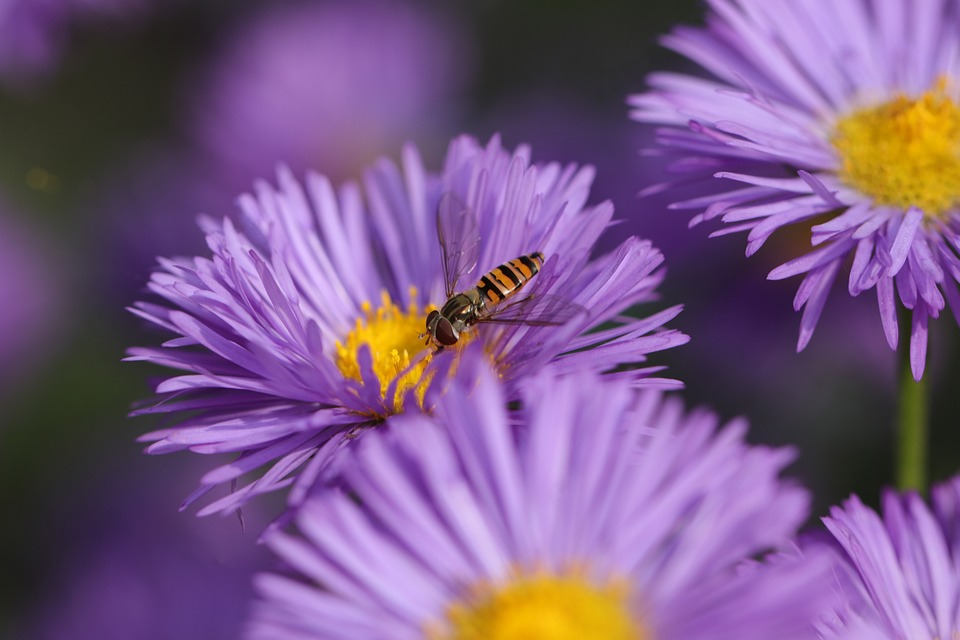Insect Defense: How Chemical-Free Sprays Keep Your Family Safe
Insects have been both a boon and bane to human life. While many insects play vital roles in pollination and maintaining ecological balance, some can pose serious health risks to families, prompting a need for effective pest control. Traditionally, chemical insecticides have been the go-to solution for repelling or eliminating unwanted pests. However, as awareness about the harmful effects of synthetic chemicals grows, many families are seeking safer, chemical-free alternatives. This article will explore the benefits of using chemical-free sprays for insect defense and how they contribute to a healthier home environment.
Understanding the Risks of Chemical Insecticides
Chemical insecticides come with a range of concerns. They can affect not only the target pests but also beneficial insects, pets, and even humans. Exposure to these chemicals has been linked to various health issues, including respiratory problems, skin irritations, and even long-term conditions such as cancer. Children and pets are particularly vulnerable due to their smaller body size and developing systems. Moreover, the environmental impact of chemical runoff can contaminate local ecosystems, harming wildlife and pollinators.
The Rise of Chemical-Free Alternatives
The growing awareness of the potential dangers associated with synthetic insecticides has led to a surge in demand for chemical-free pest control solutions. Many families are now opting for natural insect repellents and sprays made from plant-based ingredients. These alternatives not only provide effective pest control but also ensure the safety of family members and the environment.
How Chemical-Free Sprays Work
Chemical-free sprays typically employ natural ingredients with insect-repelling properties. Common components include:
-
Essential Oils: Oils such as citronella, eucalyptus, peppermint, and lavender are well-known for their insect-repelling capabilities. When sprayed in areas prone to insect activity, these oils create an aroma that pests find intolerable.
-
Vinegar: A household staple, vinegar can effectively deter ants and spiders. Its strong scent disrupts the pheromone trails that these insects rely on for navigation.
-
Soap and Water: A simple mixture of soap and water can suffocate insects like aphids and spider mites, offering a safe and effective solution for garden pests.
- Diatomaceous Earth: This fine powder, made from the fossilized remains of tiny aquatic organisms, can be sprinkled around the home or garden. When insects come into contact with it, the powder damages their exoskeletons, leading to dehydration and death.
Benefits of Chemical-Free Sprays
-
Safety for Your Family: Chemical-free sprays are non-toxic, making them safe to use around children and pets. Families can rest easy knowing they are not inadvertently exposing their loved ones to harmful chemicals.
-
Environmental Friendliness: Natural sprays are biodegradable and less likely to harm beneficial insects, such as bees and ladybugs, that contribute positively to the ecosystem.
-
Effectiveness: Many natural ingredients have been used for centuries to repel pests and have proven effective in keeping homes and gardens insect-free.
-
Cost-Effective: Making your own chemical-free sprays at home can be more economical than purchasing commercial insecticides. Common household items can often suffice in creating effective solutions.
- Versatility: Chemical-free sprays can be used in various settings, from gardens and patios to kitchens and living rooms, providing comprehensive protection without needing multiple products.
How to Use Chemical-Free Sprays
To maximize the effectiveness of chemical-free sprays, consider the following tips:
-
Regular Application: For ongoing pest control, regularly apply sprays in areas where insects are frequently seen. This will help disrupt their patterns and deter them from returning.
-
Spot Testing: Before applying any spray to surfaces, conduct a spot test to ensure it doesn’t cause discoloration or damage.
-
Combine Strategies: Use chemical-free sprays in conjunction with other pest management practices, such as proper sanitation and sealing cracks and crevices, to create a more comprehensive defense approach.
- Educate Family Members: Teaching family members about the importance of using natural solutions can foster a collective effort in maintaining a pest-free environment.
Conclusion
As families increasingly prioritize health and environmental responsibility, chemical-free sprays for insect defense are becoming a popular choice. These natural alternatives offer a safe, effective, and eco-friendly way to manage unwanted pests while protecting the well-being of loved ones. By embracing these innovative solutions, families can enjoy peace of mind knowing that they are fostering a healthy home and a safer planet. So, the next time you reach for a pest control product, consider opting for one that is chemical-free, and feel confident in your choice for a healthier future.
